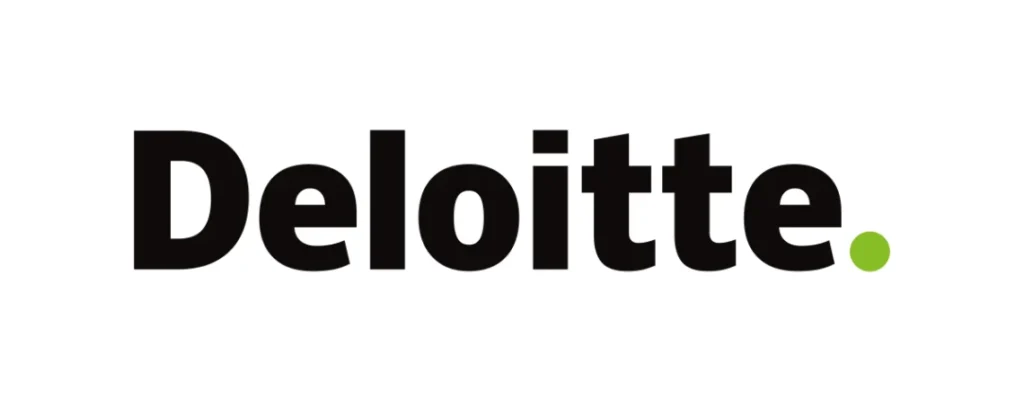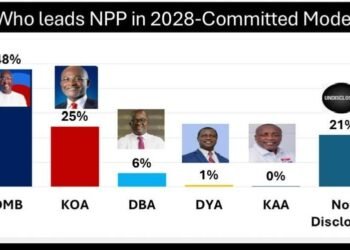The National Cathedral project has been rocked by a leaked Deloitte audit exposing deep-rooted procurement violations, financial inconsistencies, and unapproved disbursements.
The report, commissioned by the National Cathedral Secretariat and revealed by IMANI Africa, highlights staggering irregularities that contradict the public narrative surrounding the project’s integrity and fundraising.
“When a nation vows to etch its faith onto the skyline, few imagine the foundations will crack under the weight of financial and governance doubts.
“Ghana’s National Cathedral – heralded as a unifying symbol of faith and nationhood – has become a case study in how lofty ambitions can falter without rigorous oversight”
IMANI Africa
From untraceable cash transfers to rental arrangements without contracts, the audit paints a picture of financial recklessness and a troubling disregard for due process.

IMANI Vice President Bright Simons presented these findings in a detailed exposé, stating that the official report is yet to be released by the Secretariat but has been thoroughly reviewed by the think tank.
The audit identified over fifteen instances of breaches of Ghana’s Public Procurement Law. At least six entities were engaged without evidence of Public Procurement Authority approval, and more than ten contracts were awarded without competitive bidding.
Among the notable examples is the payment of over $4 million to the American Nehemiah Group, with no traceable deliverables for the amount.
“The government owes contractors and consultants more than $34 million under various obligations that cannot be tied to robust tendering procedures”
Bright Simons, Vice President of IMANI Africa
Another key finding related to “a $1.8 million payment made to Kubik Maltbie,” reportedly for museum work, with no evidence of output or receipts tied to the transaction.
Unauthorized Rentals and Salary Irregularities

The audit further exposed that Rev. Victor Kusi Boateng, Board Secretary of the National Cathedral, had his Cantonments residence rented for $4,500 a month, of which $3,000 was charged to the Cathedral Secretariat.
This arrangement lacked any written contract or formal approval. Deloitte noted that verbal authorization was cited, violating procurement and administrative procedures.
“Verbal approvals and undocumented rentals show a pattern of poor internal controls,” said Simons.
Even more alarming was the disbursement of salaries to individuals before their formal appointment. Three such cases were found, and only one of the beneficiaries returned the funds.
“The audit also revealed that five call centre employees received close to GHS 4.5 million in salaries while their SSNIT contributions, totalling nearly GHS 500,000, were unpaid”
IMANI Africa
Public donations through the Cathedral’s mobile money platform fared no better. Although the National Cathedral Secretariat claimed nearly GHS 40 million in pledges, only around GHS 1 million appeared in the official accounts.

Deloitte’s reconciliation with telecommunications records showed that most pledges were reversed or never completed. Verified total donations over a three-year period amounted to less than GHS 15 million.
“The mobile pledge system failed to deliver, and the numbers show it clearly – there was no broad donor mobilisation as claimed,” Simons said, remarking that the myth of mass Christian support via mobile giving was not backed by data.
Call for Investigations
The audit’s findings, as presented by IMANI, raised red flags that go beyond mismanagement. Simons called for the publication of the full Deloitte audit and immediate referral of the matter to the Office of the Attorney-General and EOCO for criminal investigation.
He also demanded asset tracing and potential seizure where wrongful gains are identified. “Publishing the audit and initiating prosecutions is the bare minimum. Anything less is complicity,” Simons asserted.
The Deloitte audit underscores the widening credibility gap surrounding the National Cathedral. A project that was launched with national pride and religious fervour has now become a cautionary tale of opaque governance and fiscal irresponsibility.
IMANI Africa’s insistence on full accountability echoes growing public concern over how national resources are managed under the guise of sacred duty.























